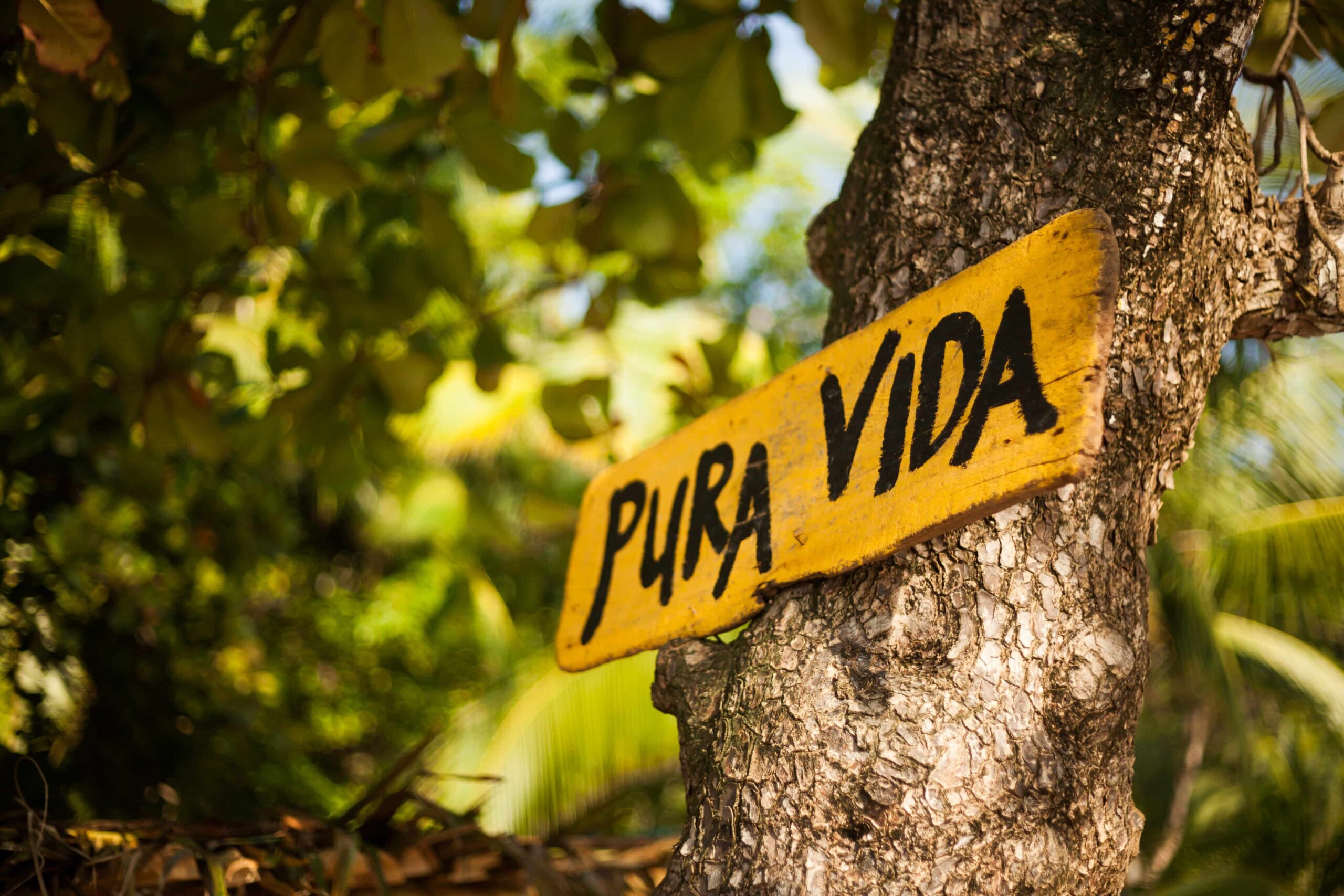
Costa Rica issues first license to cultivate medicinal cannabis
A little over a year after legalizing hemp and medicinal cannabis, Costa Rica’s Agriculture and Livestock Minister Victor Carvajal signed an executive order to grant Azul Wellness SA permission to grow and process medicinal cannabis, reports the Tico Times.
It is the first medicinal cannabis license granted in the Central American country.
Azul Wellness SA is Costa Rican owned and supported by the family of José Álvaro Jenkins, President of the Costa Rican Union of Chambers and Associations of the Private Business Sector. Azul is reportedly planning to build an 800 square meter manufacturing and processing facility in the Guanacaste province of Costa Rica.
The company also partnered with US private equity firm Merida Capital Holdings, which specializes in medicinal cannabis. According to the Times, the collaboration will help Azul initially grow two strains of psychoactive cannabis, with a focus on exporting the material produced.
Jenkins himself expressed optimism about the venture, saying he envisions setting up a medical cannabis laboratory in Costa Rica. He has also publicly supported government efforts to legalize recreational cannabis in the past.
While Azul received the first medicinal cannabis license, Carvajal has issued eight hemp cultivation permits. Two applications for hemp cultivation and processing and a medicinal cannabis license are still under review.
Costa Rica legalized hemp and medicinal cannabis in March 2022. President Rodrigo Chaves introduced a bill a few months later that would lay the legal foundation for the country’s medicinal cannabis and hemp markets, with a particular focus on production and distribution. The Costa Rican government controls the cannabis industry – including issuing licenses for industrial hemp and medicinal cannabis – under the oversight of the Ministry of Health and the Minister of Agriculture and Livestock.
Around the same time, Chaves also introduced a bill to the Legislative Assembly to legalize recreational cannabis use in Costa Rica. He pledged the initiative soon after taking office, noting that recreational cannabis use is a reality we cannot escape.
“It’s no secret to anyone that marijuana is being used more openly on the streets and in parks in Costa Rica. It’s a reality,” Chaves said in translation during a news conference.
He admits that he personally disagrees with the use of cannabis, but believes the best way to regulate the market is to allow Costa Rica to benefit.
“The fact that they pay taxes creates formal employment; It is very clear that it is not an easy matter, many people in good faith have doubts,” he said.
According to The Tico Times, the government should come up with replacement text on the Leisure Legalization Act starting in January 2023, after receiving feedback from various institutions. Originally, the plan would have allowed recreational cannabis companies to operate under the free zone regime, which meant consumers could go to clubs, cafes, and other businesses to purchase cannabis products.
A number of institutions, including The Judicial Investigation Organism (OIJ), the Medical Association, the College of Psychiatrists, the Institute of Alcoholism and Drug Addiction (IAFA), the Evangelical Alliance Federation and some local authorities, shared their opposition and called for the rejection of the proposal .
And although a number of other institutions and companies across the country support the proposal, citing similar benefits to Chaves’ such as economic growth and opportunity, citizens don’t entirely agree. According to a poll by the University of Costa Rica’s School of Statistics, 76.5% of Costa Ricans support medicinal cannabis, but only 35.4% support legalizing cannabis as a recreational drug.
Costa Rica joins a number of other Latin American countries with legal medicinal cannabis, including Argentina, Chile, Colombia, Ecuador, Mexico, Panama, Paraguay and Peru. Uruguay is the only Latin American country with legalized recreational cannabis.
With regard to hemp, Costa Rican law defines industrial hemp as the plant or part of the plant and its derivatives, the extract of which must not contain more than 1% THC by dry weight. The US currently defines hemp as 0.3% THC or less, although farmers have advocated changing the limit to 1% with the upcoming 2023 Farm Bill as well.

Post a comment: